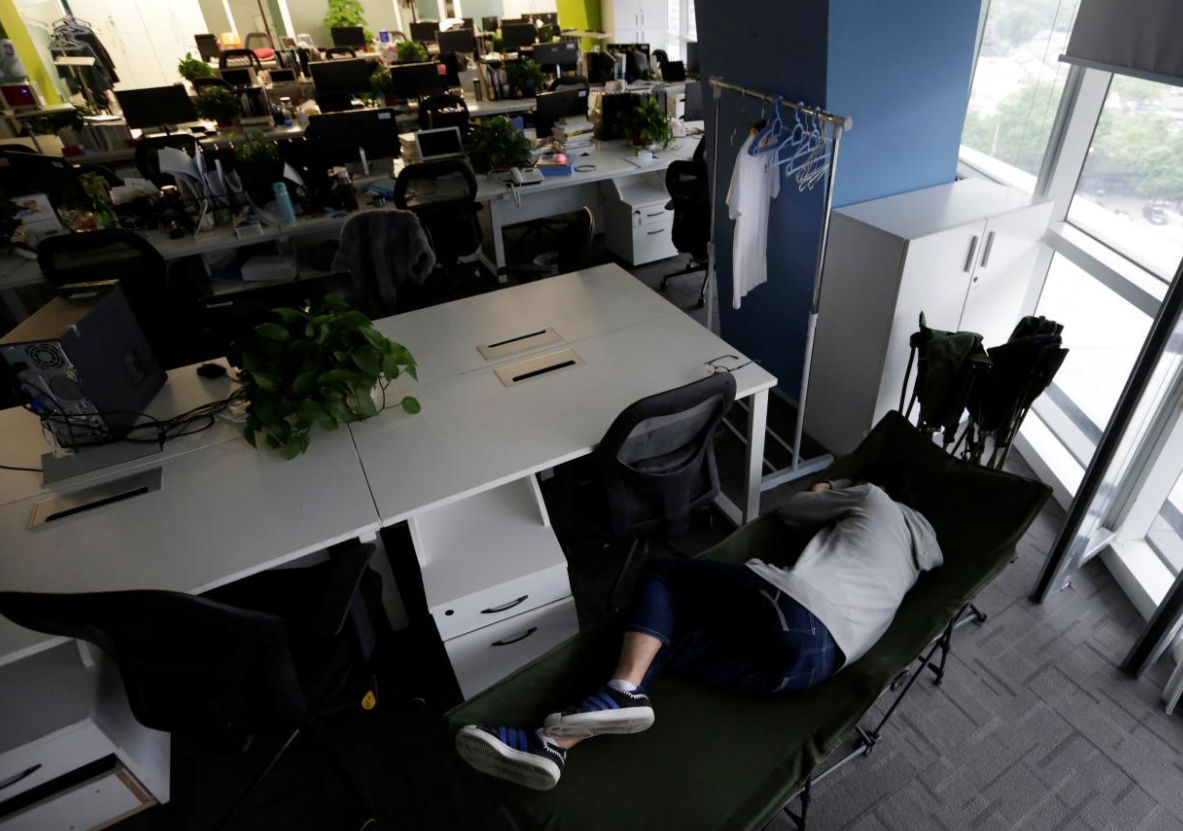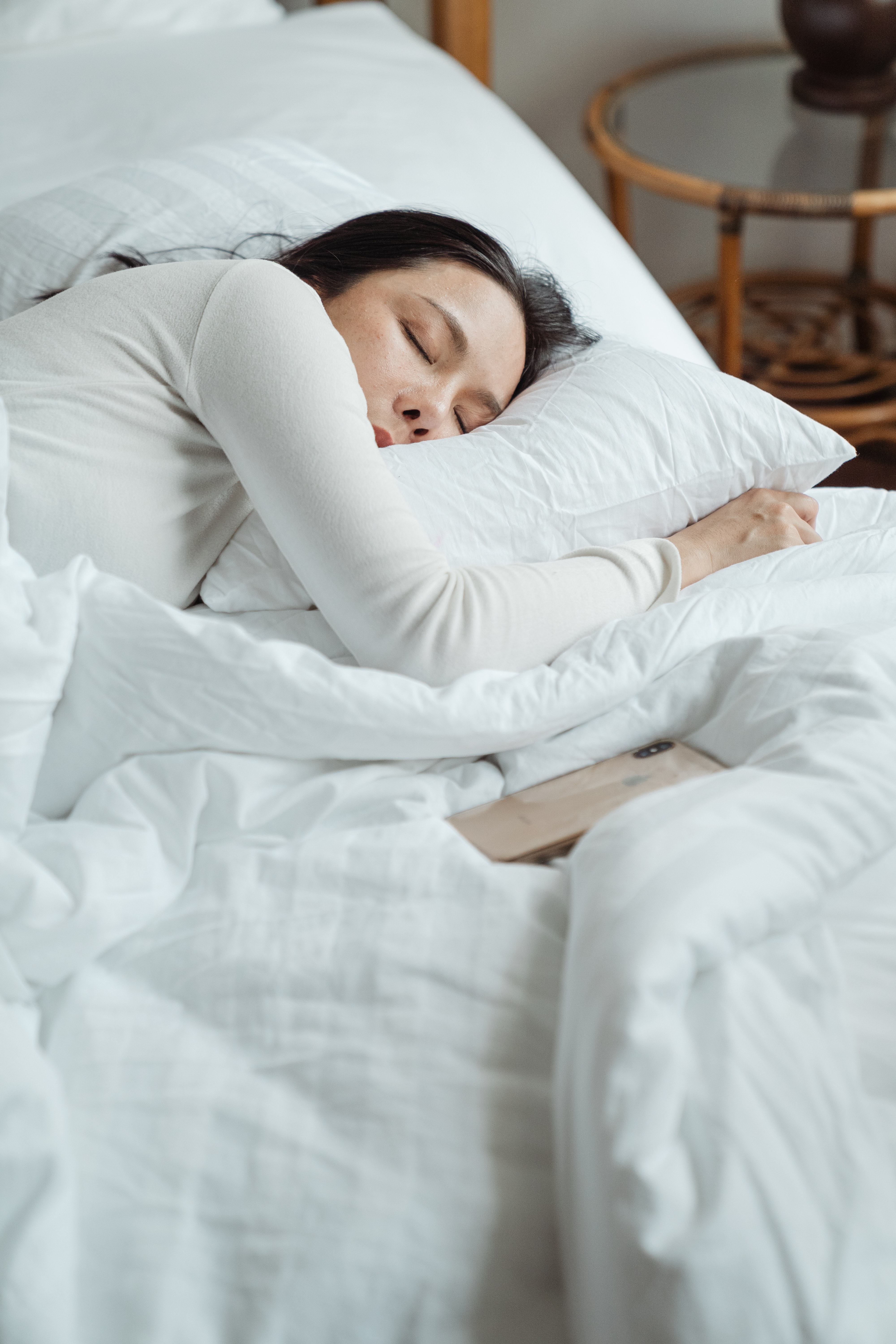Revenge Bedtime Procrastination: What Is It & Why Do We Do It?
Are you a night owl or are you just making up for time you lost during the day?
Picture this – after coming home from a long day of work, you start scrolling on your phone or watching a TV series until the wee hours of the morning, rejecting sleep despite feeling tired
This could be a sign of revenge bedtime procrastination!
According to BBC, this phenomenon was identified by Chinese nationals due to their intense work schedule, which is also known as the infamous "996" working culture. This working schedule requires them to work from 9am to 9pm for six days a week.
This causes people to take 'revenge' on themselves by putting off going to bed, and instead engaging in activities that they didn’t have time for during the day. For these individuals, this is the only way to gain back some control of their time. In other words, it's a way of finding time for leisure and entertainment — at the expense of sleep.
We sleep late even if we're feeling tired from a long day at work or at school, by pushing to stay up to do the things that we want to do
Of course, most of us know the consequences of sleeping late. Yet, we still do it.
We leave for work before the sun rises, and get home when the sun sets. We know that we'll feel tired the next day from the lack of sleep, but we don't want to sleep early, because we don't have any free time due to working long hours. It's a vicious cycle.
This rebellious act is a way of fighting back to make up for lost time, and against our intense working schedule to do at least one thing we love to do. Even if it means giving up sleep to make it happen! We deserve it for working so hard, right?
Mostly, revenge bedtime procrastination comes from a thought process of needing to "steal" our "lost time" back, feeling as though we had "lost it due to someone else"
But did you know that sleep deprivation, or not properly decompressing after work, may bring detrimental health issues towards us in the long run? Not only that, it will also effect our performance at work.
The reality is this – sleep cannot be avoided. If we do this for too long, we may experience some form of depression and anxiety, not to mention other physical issues that may arise, such as obesity and cardiovascular diseases.
Experts have recognised that insufficient sleep is a global public health epidemic
A study conducted by The National Library of Medicine warns that lack of sleep can pose serious life-threatening health implications and affect one's quality of life.
Not only that, the 2019 Phillips Global Sleep Survey revealed that 62% of adults are sleep-deprived, averaging just 6.8 hours of sleep on a weeknight compared to the recommended amount of eight hours. They cited various reasons for this deficiency, including stress and their sleeping environment. On the other hand, 37% blamed their hectic work or school schedule.
In China, a national survey in 2018 found that 60% of people born after 1990 did not have sufficient sleep, while those living in big cities suffered the most due to a hectic and fast-paced lifestyle.
What can we do to reduce revenge bedtime procrastination?
While this phenomenon is surely unfavourable to many people, here's a few things one can do to reduce revenge bedtime procrastination:
1. Reduce intake of caffeinated drinks. Studies have proven caffeine to cause more anxiety, irritability, restlessness, and also insomnia. Time to switch out coffee for decaffeinated or non-coffee drinks on your next cafe date.
2. Come up with a schedule and stick to it. We know how much cliffhangers compel our brains to stay for just one more episode, but strictly watch only one Netflix episode a day. Your body will thank you for it the next day.
3. Create a routine around your sleep time. Limit your exposure to gadgets. The blue light emission from our smartphones and tablets messes with the body's ability to produce a hormone called melatonin, which makes us sleepy. Try scheduling a hot shower, downing some chamomile tea, and jotting down some reminders in your journal an hour before you sleep to put your mind at ease.
4. Change your job, if you have the privilege to do so. While this may not be the greatest option, switching to a schedule or shift-based job can be better suited to your need for time off. Some of us are not morning people, and are instead more productive later in the day. It's okay to work with, and not against your natural sleep/wake cycle.
So if you're still planning on staying up tonight, think about the unpleasant feeling of how disrupted sleep wears you out the very next day at work
Imagine feeling tired at work, only to come home to another routine of revenge sleep procrastination, creating a neverending cycle of exhaustion. Staying up late doesn't make you more productive, in fact, it can do the complete opposite!





